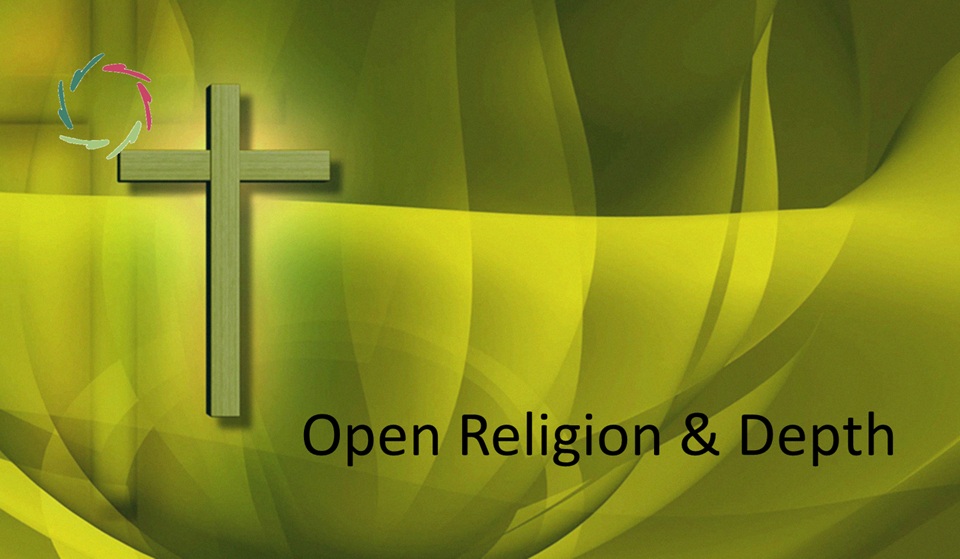Is ‘Open Religion’ the Future?

In a world replete with separate religions, that what overlaps-in-depth may show a way towards Open Religion.
Being an adherent of one specific religion at the principled exclusion of others, is definitely not open. ‘Inter-religious dialogue’ is in many cases just a kindly disguised way to (non-)accept each other for some specific common goal. We need to go much further.
Many religions as they show themselves nowadays are just incompatible with one another.
Yet the incompatibilities are present mainly at the concrete level, where for instance a particular book shows what God might have said to a concrete person at a specific time and place. At the deeper level, a core of religion goes beyond such concreteness.
Into fuzziness, and that’s OK.
Think about it. When someone says ‘I believe in God,’ then what does that person really mean with ‘I’, with ‘to believe’, with ‘God’? The more you go into these concepts, the more you see that they are fuzzy not just in how people use the terms, but in essence. A historical consequence is that people misunderstand each other (and themselves). A better goal would be that people look into the fuzziness itself and, right at its core, into the possibility to understand each other beyond concepts.
This is pure poetry.
There is a long and winding and gradual road towards it.
Open Religion may be defined now as the religious experience(s) of someone who, even while being a ‘believer’ or ‘adherent’ or ‘practitioner’ of a specific religion, nevertheless deeply feels that its core is essentially the same as the core of other religions. Open Religion is the principled stance of someone who can let himself meaningfully flow into any specific religion, without being an ‘adherent’ of that specific one, or even of any one. For instance by going to a Hindu temple for a month and quite deeply experiencing a Hindu mindstyle. This may also be for a day or a year, or just a few moments.
The openness of Open Religion is not a flip-flop because ‘religious belief’ itself is mainly a deep experience.
In deep friendliness, there is a gentle slope from closed to open religion. A central assumption of Open Religion is: a person can be an adherent of any specific religion in a closed way, then gradually become more open without losing anything of what it is all really about. This should not be seen as becoming less religious. One can still respect the own tradition, deepening it even, at the same time seeing other traditions as equally worthy. This way, inter-religious dialogue can be held at the right level, which is the deepest possible level.
Abruptly abandoning one’s tradition may be throwing away too much.
Embracing an open view in an Open Religious way keeps alive the religious experience which is immensely gratifying and worthwhile to many. This experience may be strong enough to enable one to let go and just see what happens on the gentle slope towards… no one concretely knows.
Might it be ‘God’?


